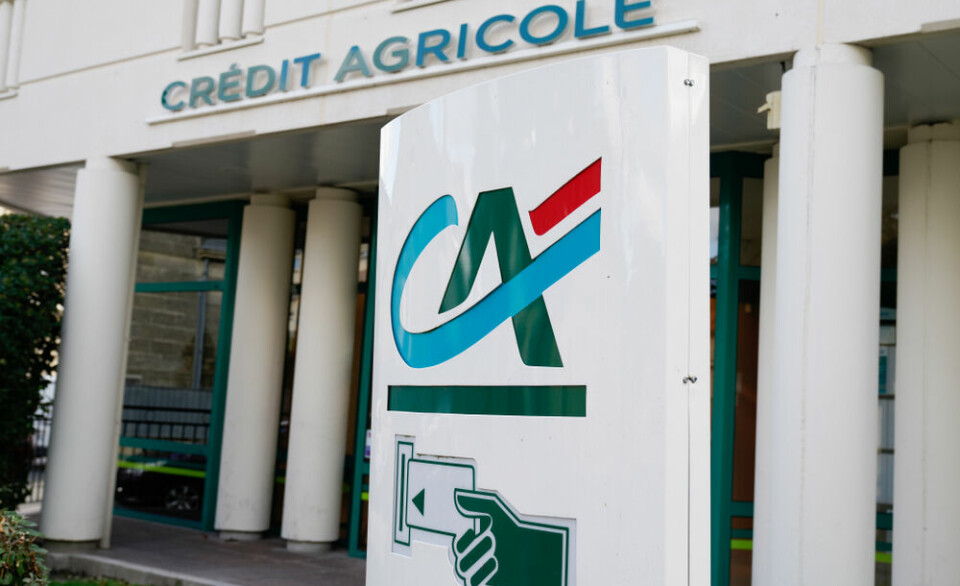-
Increased fire safety audits are forcing bars across France to close
Inspections follow deadly blaze in Swiss nightclub on January 1
-
Photos: widespread flooding in Brittany as warnings continue
Storm Ingrid causes rivers to overflow across much of the region
-
More bank branches in France are closing
Some 3% of branches are shutting every year, reports banking union
Eiffel Tower lights turned off to honour Kabul victims
The Eiffel Tower was plunged into darkness this weekend in homage to the victims of a deadly attack in Kabul, Afghanistan, which killed almost 100 people.

At midnight last night (Saturday January 27), the famous landmark had nearly all of its lights - except those required for safety - turned off as a mark of respect for those who died in the tragedy, in which a stolen ambulance exploded in the middle of the Afghan city, killing 95 people and injuring 158.
Paris Mayor Anne Hidalgo confirmed the gesture on her official Twitter account, adding: “The city of Paris; and all Parisians are at the side of the Afghan people, who once again are facing new terrorist savagery.”
The monument’s “official Twitter account - @LaTourEiffel - also confirmed the news in both French and English.
Ce soir, à minuit, @LaTourEiffel s'éteindra en hommage aux victimes de l'ignoble attentat qui a frappé le coeur de #Kaboul. La Ville de #Paris, les Parisiennes et les Parisiens sont aux côtés du peuple afghan qui fait face une nouvelle fois à la barbarie terroriste. pic.twitter.com/o0e8HCJKDU
— Anne Hidalgo (@Anne_Hidalgo) January 27, 2018
Ce soir, je m'éteindrai dès minuit pour rendre hommage aux victimes de l'attentat survenu à Kaboul. #tourEiffel pic.twitter.com/9LpFBMZfzS
— La tour Eiffel (@LaTourEiffel) January 27, 2018
The Eiffel Tower - designed and built in Paris by engineer Gustave Eiffel and company in 1887-89, and seen universally as a symbol of Paris and France - is regularly lit up or switched off as a mark of respect or celebration of global events.
The explosion in Kabul has been claimed to be the responsibility of the Taliban - the extreme Islamist group that used to control the country and continues to hold sway across much of the state - reports news source 20 Minutes.
The alert level for attacks and danger in Kabul is currently said to be even higher and more extreme than usual, especially in the city’s diplomatic district, with most embassies and and foreign institutional buildings said to be “on lock down”.
This latest attack is the third serious incident claimed by the Taliban in the last week.
It comes one week after the attack on the InterContinental hotel in Kabul, and just days after the attack on the Save The Children charity offices, which was claimed by so-called Islamic State.
Stay informed:
Sign up to our free weekly e-newsletter
Subscribe to access all our online articles and receive our printed monthly newspaper The Connexion at your home. News analysis, features and practical help for English-speakers in France
























